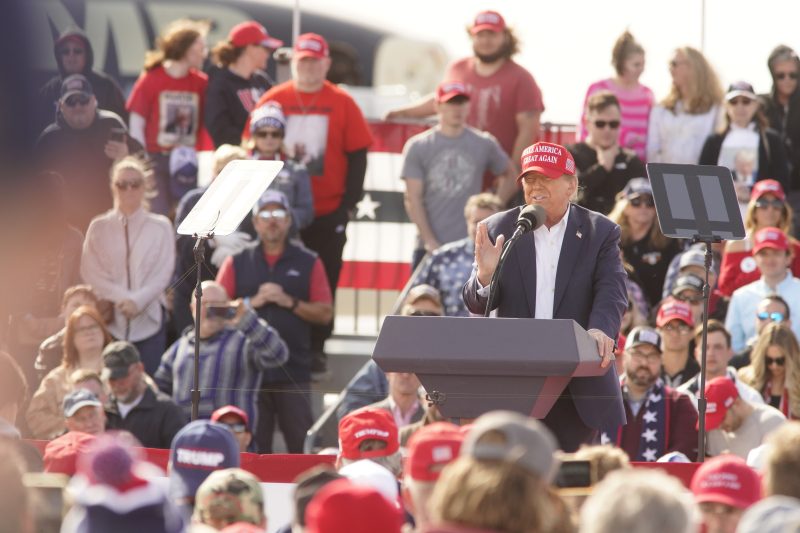
Trump’s Skewed, Fabricated, and Untrue Narrative of His First Impeachment
Donald Trump’s first impeachment proceedings from late 2019 to February 2020, centered on the Ukraine affair, were fraught with factual inconsistencies and misrepresentations, primarily propagated by the then-president himself. The narratives, mired in controversial conversations and unique interpretations of constitutional powers, were constantly on the move, often leading the public into a labyrinth of questionable claims.
One of the most notable assertions by Mr. Trump during this period was that the phone call with Ukrainian President Volodymyr Zelenskiy, which sparked the impeachment, was “perfect,” and that he had done nothing wrong. However, the released transcript of the call showed Mr. Trump asking his counterpart to investigate his political rival, Joe Biden, and his son Hunter Biden, which many argued was an abuse of his presidential power for personal political gain.
There were additional inaccuracies in the narrative spun by Mr. Trump. He frequently claimed that the whistleblower who raised the alarm on his call with Zelenskiy had given a false account. Nonetheless, the rough transcript released by the White House largely corroborated the whistleblower’s account in its essence. Moreover, Trump repeatedly insisted that the whistleblower had disappeared after they were proved wrong, a claim that is demonstrably untrue; the whistleblower simply returned to anonymity for protection, which is a standard procedure.
In his defense, Mr. Trump frequently reiterated that Ukraine had ultimately received the military aid that had been temporarily held back, implying no “quid pro quo.” This, however, overlooks the fact that the aid was only released after the whistleblower complaint became public, sparking an official investigation.
Mr. Trump also homed in on the theory that it was Ukraine, not Russia, that interfered in the 2016 U.S. elections, an allegation largely debunked by intelligence agencies and expert testimonies. His persistence with this theory marked a pivotal moment in his defense strategy, albeit one built on shaky and unsubstantiated grounds.
Equally concerning were Mr. Trump’s repeated attacks on prominent figures involved in the impeachment proceedings, from characterizing Intelligence Committee Chairman Adam Schiff as a compulsive liar to labeling the proceedings a witch hunt. These statements not only strayed from the heart of the impeachment allegations but also created a distracting circus of personal vendettas.
Finally, Mr. Trump regularly detoured into a defense based on economic performance. He erroneously claimed that, under his administration, America achieved the highest economy. While it’s true that the markets thrived

